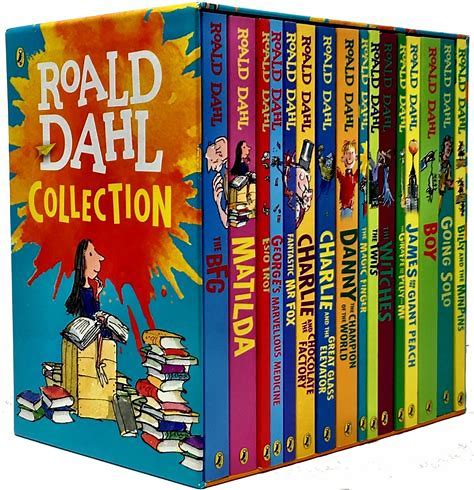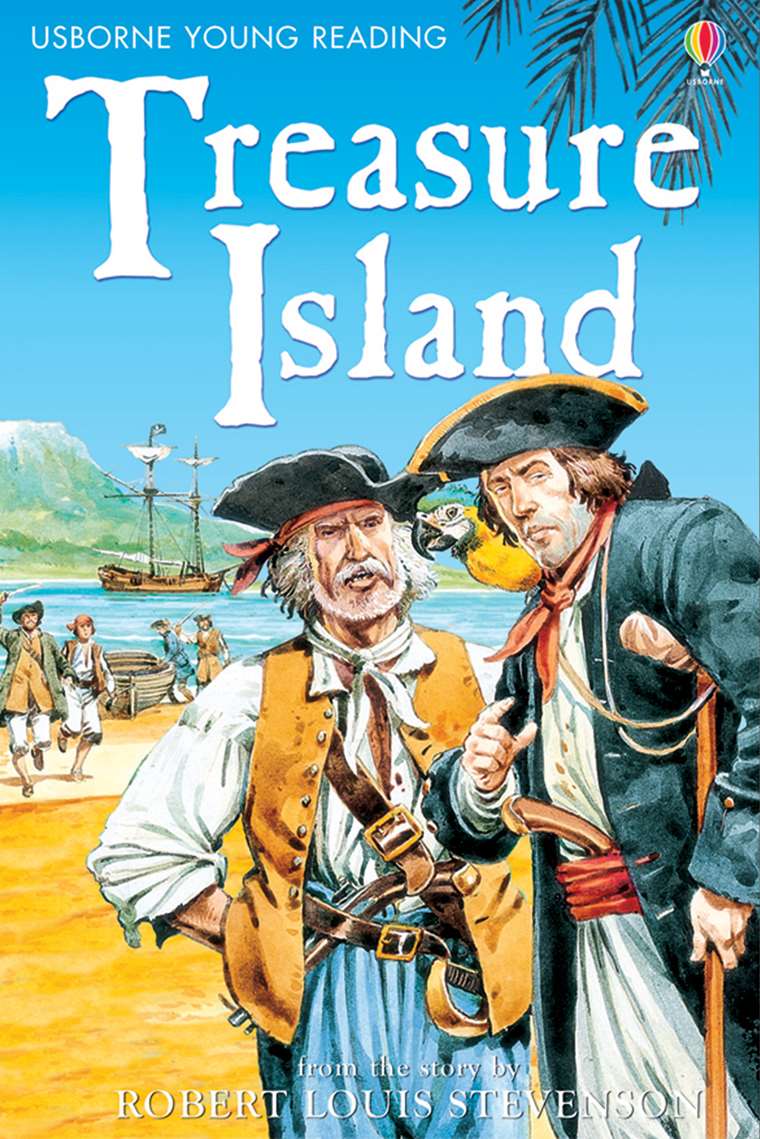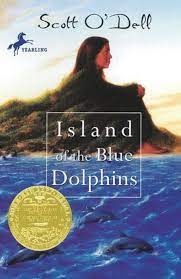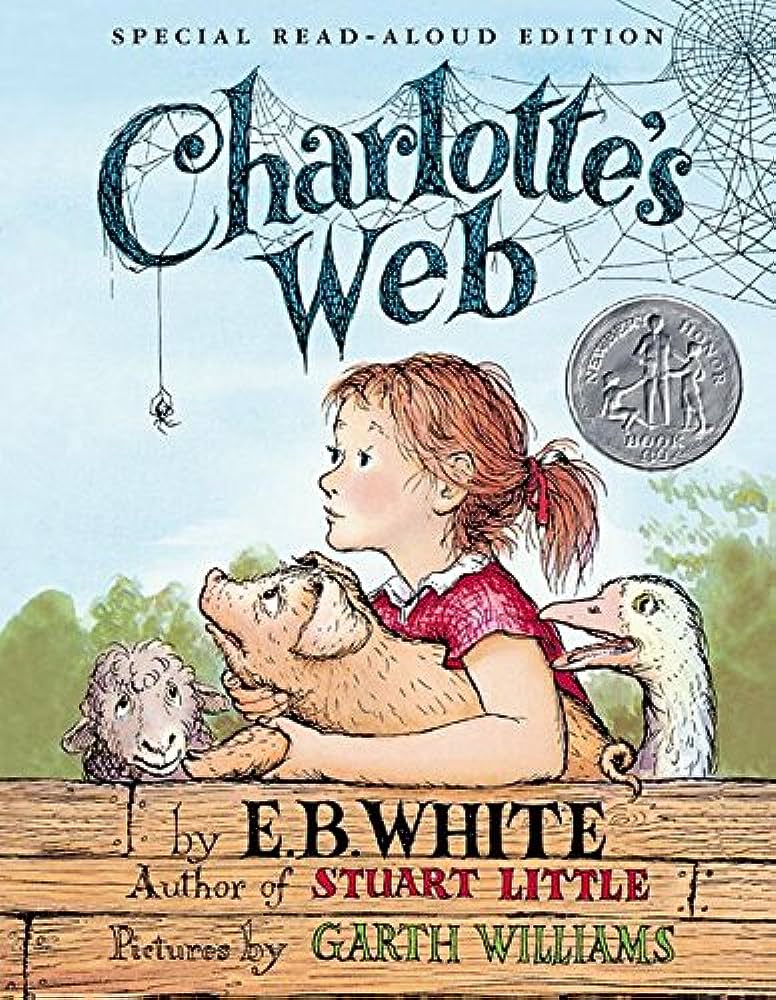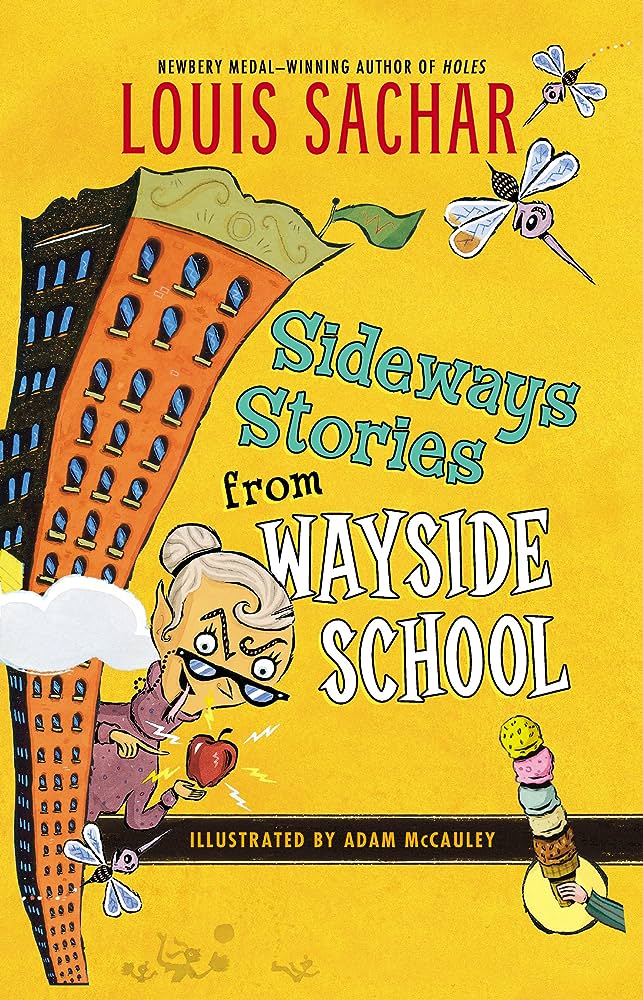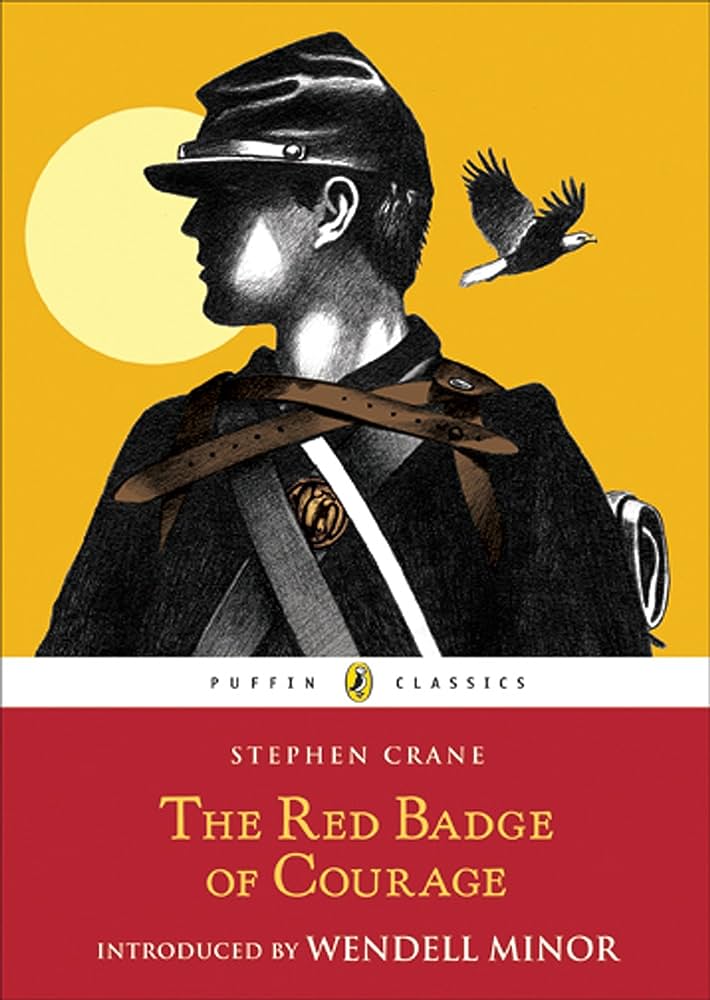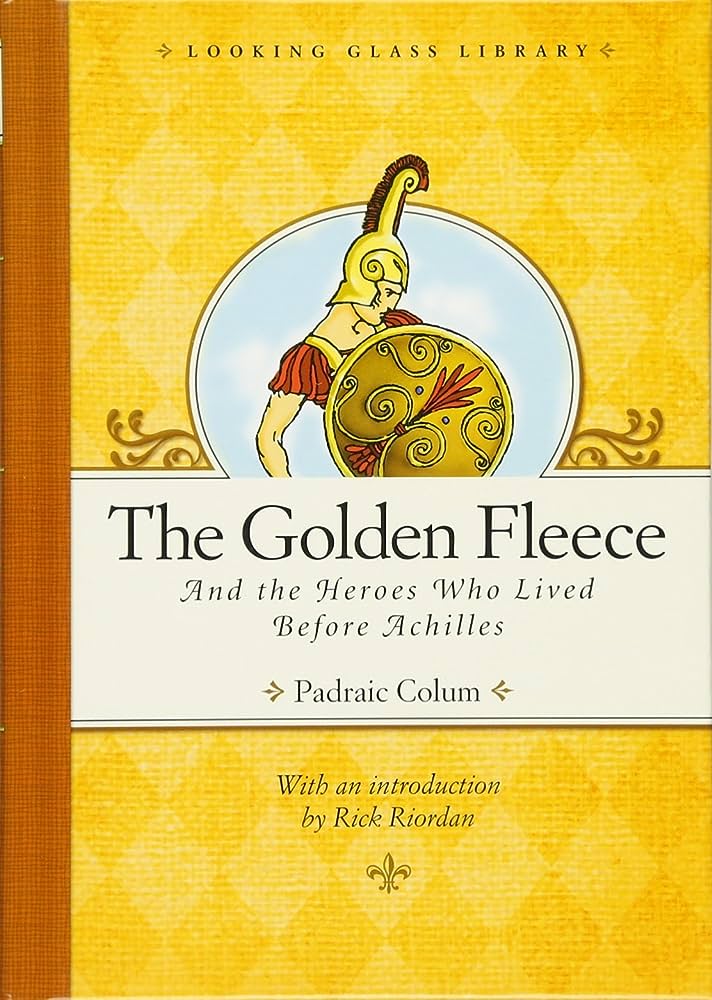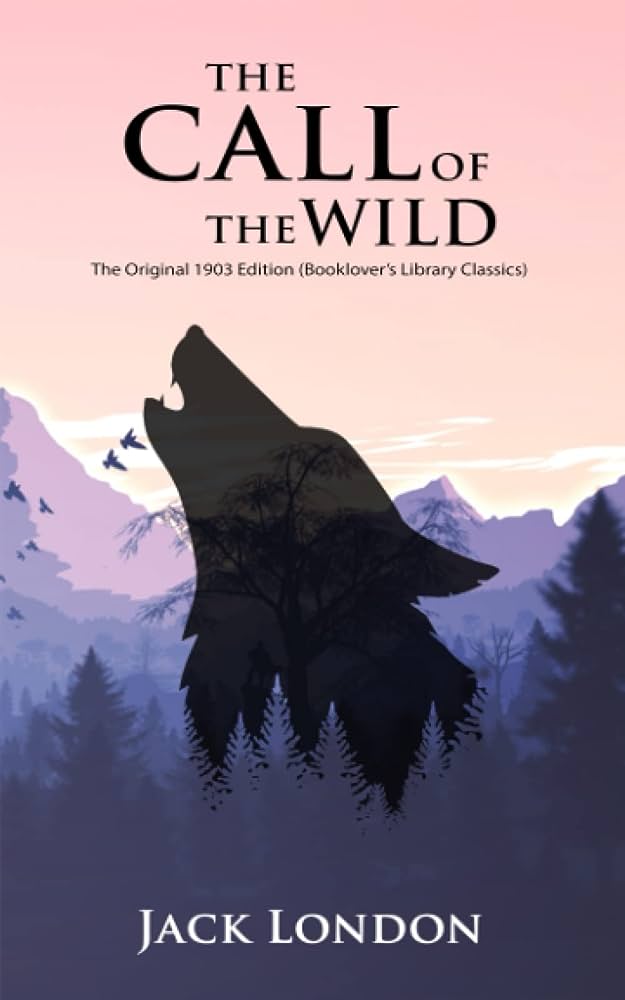Three pigs need to build their own house(1).
Subject- Three pigs
Verb-need
Object- to build (infinitive as object)
Object Compl – their own house
Three pigs need to build their own house.
They build the house to survive.
Subject- They
Verb- build
Object- the house
Adj- to survive (to-infinitive as adj)
They build the house to survive.
The first pig is very lazy.
Subject-The first pig
Verb(linking)-is
Adverb-very
Adjective-lazy
(7) The first pig is very lazy.
He uses grass to build his house(3).
He uses grass to build his house.
Subject-He
Verb-uses
Object-grass
Adverb-to build his house(infinitive as adverb)
(3)He uses grass to build his house.
The second pig is smarter than the first one.
更好的动词是smarter 或者 more cunning。
最好说than his brother. 应为 first one 我们不太清楚。更仔细的 his brother。
The second pig is more cunning than his brother.
He uses wood to build his house(3).
Subject-He
Verb-uses
Object-wood (noun)
Adjective – to build his house(infinitive as adjective)
He uses wood to build his house.
The third pig is very hard-working.
Subject-The third pig
Verb(linking)-is
Adverb-very
Adjective- hard-working
The third pig is very hard-working(3).
He uses brick to build his house(3).
他用很多砖 你要放个s (复数)
Subject-He
Verb-uses
Object- bricks (noun)
Adverb-to build his house(infinitive as adjective)
He uses bricks to build his house.
A hungry wolf comes.
Subject-A hungry wolf
Verb-comes
Let’s use ‘arrives’. Comes is so 1st grader!
A hungry wolf arrives.
He is a skeleton.
Subject-He
Verb(linking)-is
Noun – a skeleton
He is a skeleton.
Three pigs see the wolf.
If you use ‘Three pigs’, you’re introducing another set of three of pigs.
Please use ‘The three pigs’ to reference the three pigs you introduced at the beginning of the story.
Subject- The three pigs
Verb-see
Object-the wolf
The three pigs see the wolf(2).
They hide inside their house.
Subject-They
Verb-hide
obj – house
They hide inside their house.
The wolf lets the lazy pig open the door, but he does not.
Subj – wolf
verb – demands
obj – to open (to-infinitive as adverb, answers ‘why’ for verb)
obj compl – door
The wolf demands the lazy pig to open the door.
He inhales the air to blow the house(3).
Air is uncountable. Don’t need a/an/the
He inhales the air to blow the house.
Subject – He
Verb – inhales
Object – air (noun)
Adjective – to blow(to-infinitive as adjective)
He inhales air to blow the house down.
The grass house disappear.
Subject-The grass
Verb-disappears
The grass house disappears(1).
The pig runs to his brother’s house.
Note that we use to as preposition here. Not infinitive.
Subject – The pig
Verb – runs
Obj – brother’s house(noun)
The pig runs to his brother’s house.
The wolf inhales again to blow the house(3).
Subject- The wolf
Verb- inhales
Adverb- to blow (infinitive as adverb, describes verb )
Remember to use at:
Blow at the house (at is used for direction)
Blow at them.
Blow at you. Blow at me.
use on if you’re on top:
Blow on the candles.
Blow on
The wolf inhales again to blow at the house.
The wooden house disappear.
Remember subj verb agreement
The wooden house disappears.
They run to the brick house.(3) ok
The wolf tries to blow the brick house(3),
The wolf tries to blow down the brick house,
but the brick house is as hard as diamond.
but the brick house is as hard as a diamond. good
The wolf does not give up.good
He goes in the chimney.
Please use better verbs (climbs)
He climbs onto the chimney, and jumps in.
The fire is on, so the wolf die.
Remember that wolf is 3rd singular, use die+s.
There is a fire in the chimney, so the wolf dies.
